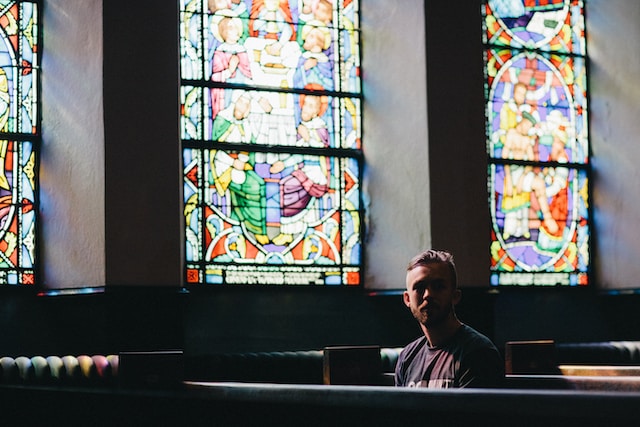Religious persecution stands as a sobering and enduring reality faced by numerous believers across the globe. This blog delves into six crucial facts about religious persecutions, aiming to shed light on the challenges that confront Christians and other religious groups in various regions. These facts underscore the importance of raising awareness and advocating for religious freedom and human rights. It’s vital to remember and pray for those enduring persecution and to work towards a world where individuals can freely practice their faith without fear. Understanding the depth of this issue empowers individuals to make a meaningful difference in the lives of those facing religious persecution.
1. Widespread Nature of Persecution
Religious persecution occurs on a global scale, affecting individuals and communities across continents and cultures. In regions like North Korea, believers face extreme forms of persecution, including imprisonment and forced labor for their faith. In more subtle forms, discrimination and social exclusion are prevalent, making it challenging for Christians to openly practice their faith. The scope of this issue highlights the urgent need for global attention and action to address religious persecution. Religious persecution profoundly affects Christian communities, often leading to the displacement of Christians from their homes, families, and communities. Many are forced to leave their countries in search of safety and religious freedom, resulting in the dispersion of Christian communities and a loss of cultural and spiritual heritage. These challenges demonstrate the resilience and faith of those who face such hardships.
2. Legal and Social Discrimination
A Christian persecution today can manifest in various forms, including legal and social discrimination. Discriminatory laws may restrict religious gatherings, proselytization, or even the wearing of religious symbols, making it difficult for Christians to practice their faith openly. Additionally, Christians and other religious minorities may face social discrimination, limiting their access to education, employment, and basic services. These barriers hinder personal development and exacerbate the isolation of individuals within their societies. One of the most distressing aspects of religious persecution is the prevalence of violence and intolerance, with Christians facing physical threats, attacks, and even martyrdom for their faith. Churches and religious institutions are often targeted for destruction, and believers may be subjected to abduction, torture, or death. These acts of violence highlight the urgent need for international efforts to combat religious persecution and promote religious freedom.
3. Advocacy and Awareness
Efforts to combat religious persecution rely on advocacy and awareness. Organizations and individuals engage in activities that range from publicizing the stories of the persecuted to lobbying governments for policy changes. The support of advocacy groups and the global Christian community is essential in providing relief and assistance to those who have been displaced or affected by persecution. Raising awareness and advocating for those facing persecution are vital steps towards alleviating their suffering. Awareness helps to shed light on what’s occurring and potentially end religious persecution.
4. Hope and Prayer
In the face of religious persecution, hope and prayer remain powerful forces for change. Christians globally are encouraged to pray for those facing persecution and to stand in solidarity with their suffering brothers and sisters. Prayer serves as a source of strength for the persecuted and a reminder that they are not alone in their trials. Hope is found in the belief that religious persecution is not the end of the story. It can lead to the growth of the church, the spread of the Gospel, and the strengthening of faith. It is a testament to the enduring nature of Christianity and the power of belief in the face of adversity.
Religious persecution remains an unfortunate reality for many believers across the world. These six essential facts underscore the global nature of this issue and its profound impact on Christian communities. While legal discrimination, social exclusion, violence, and intolerance persist, there is hope in the efforts of advocacy and awareness-raising. The Christian community plays a crucial role in supporting those facing persecution through prayer, advocacy, and solidarity. While suffering, the enduring strength of faith and the resilience of persecuted Christians are a testament to the power of belief. Believers should remember, pray for, and stand with those who are persecuted, working toward a world where religious freedom is a reality for all.









